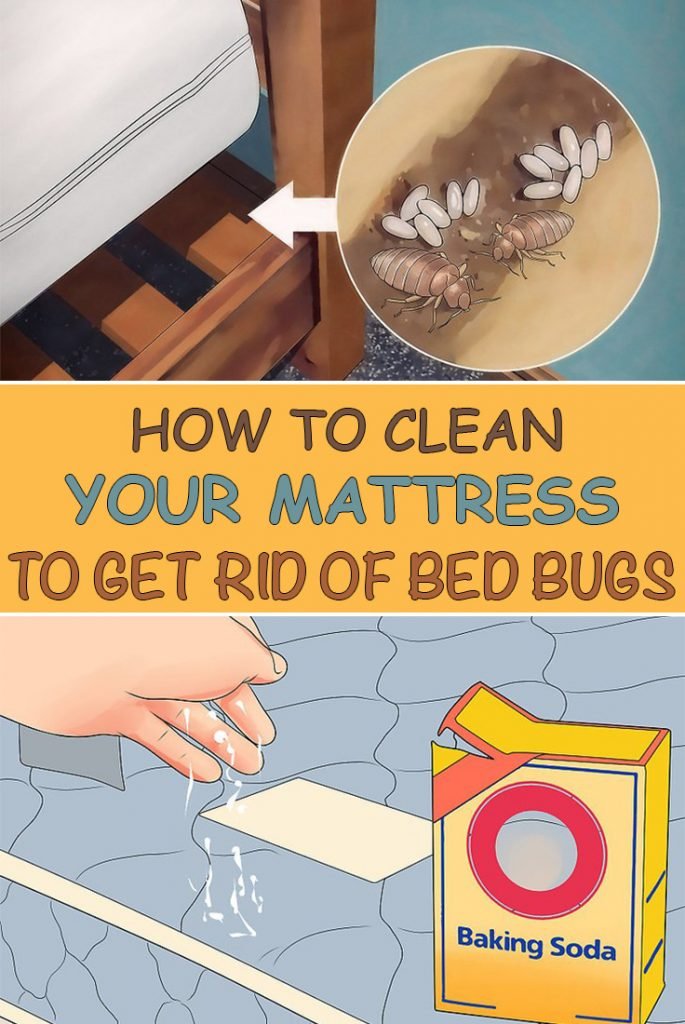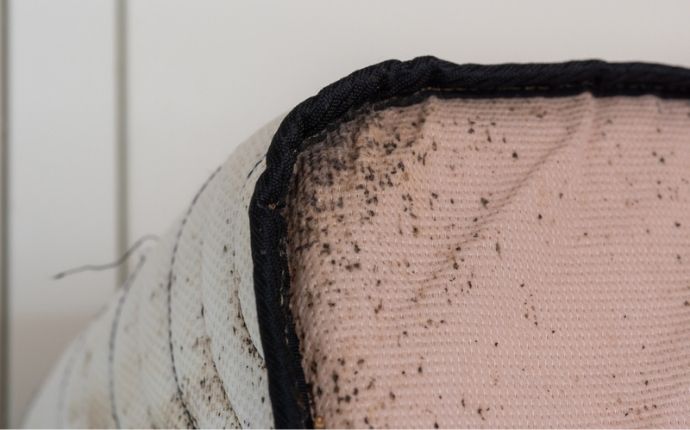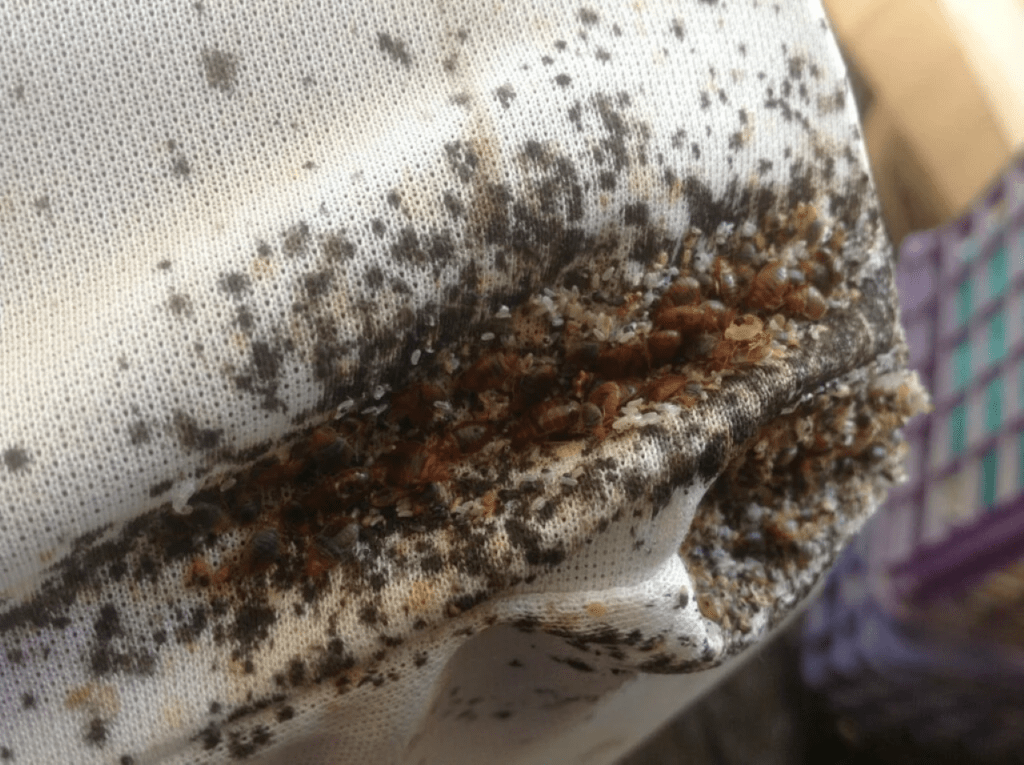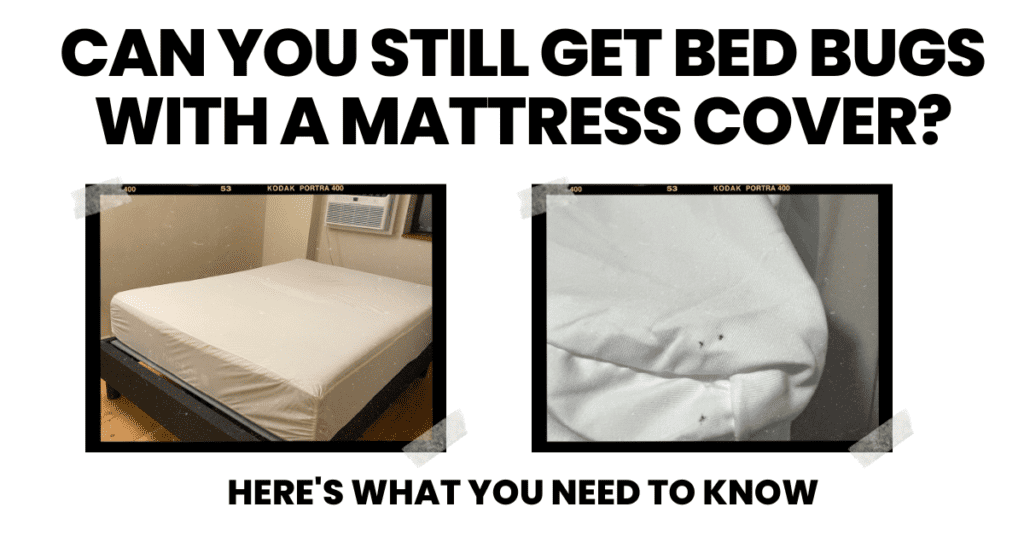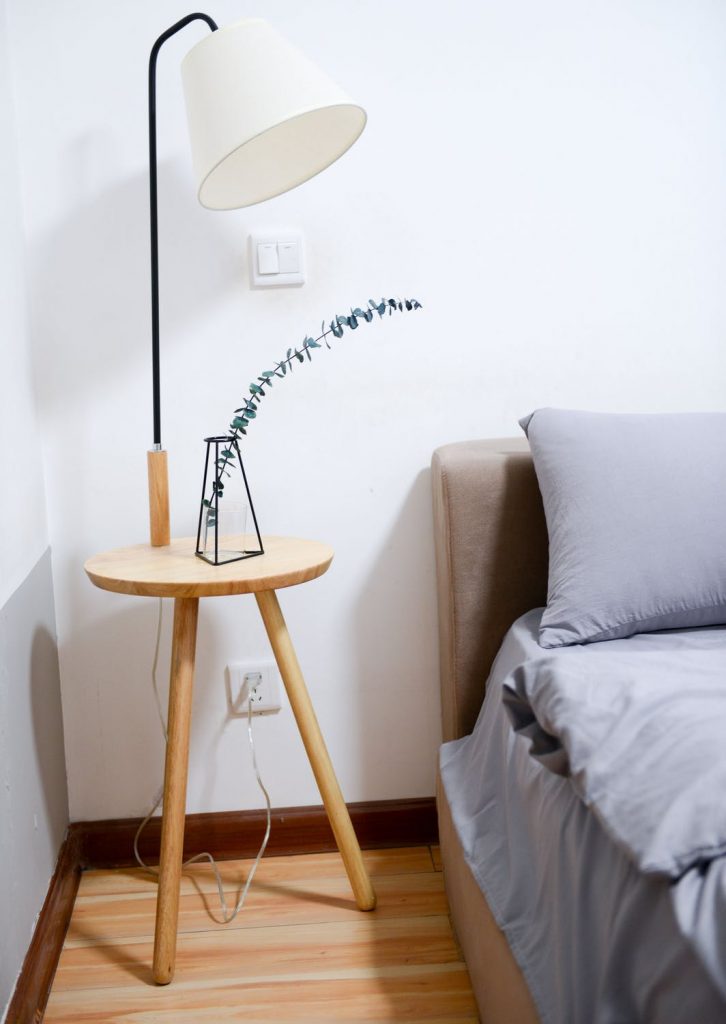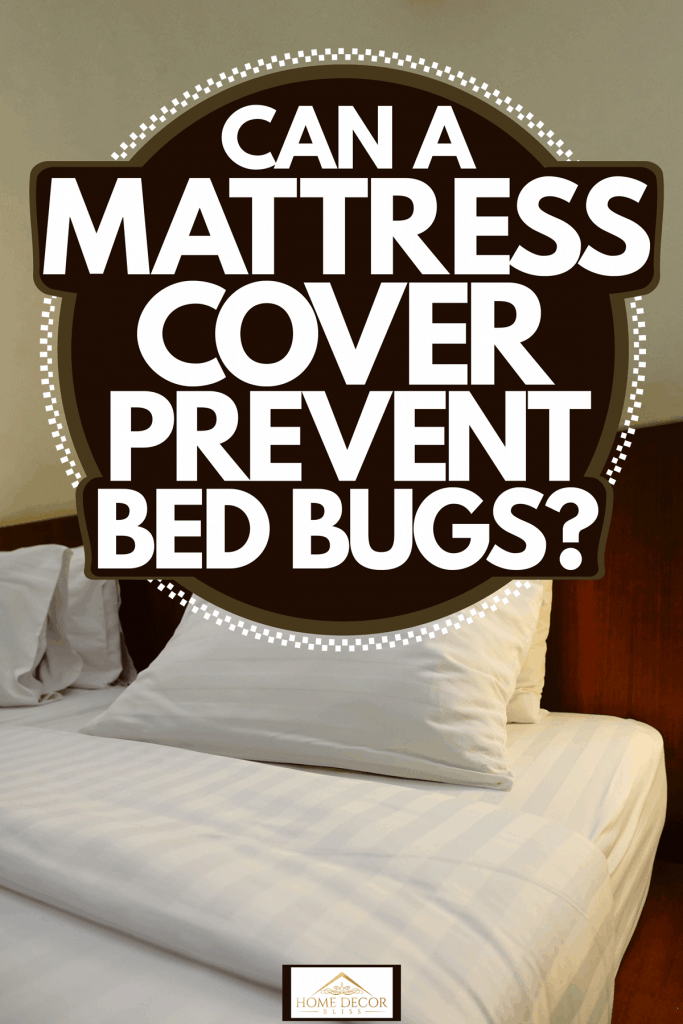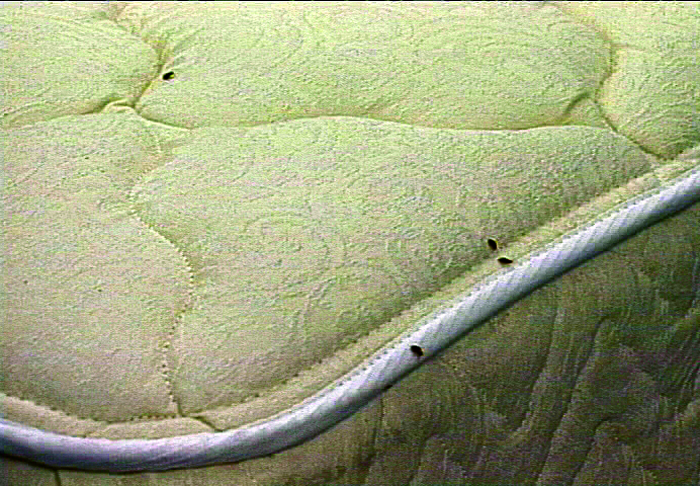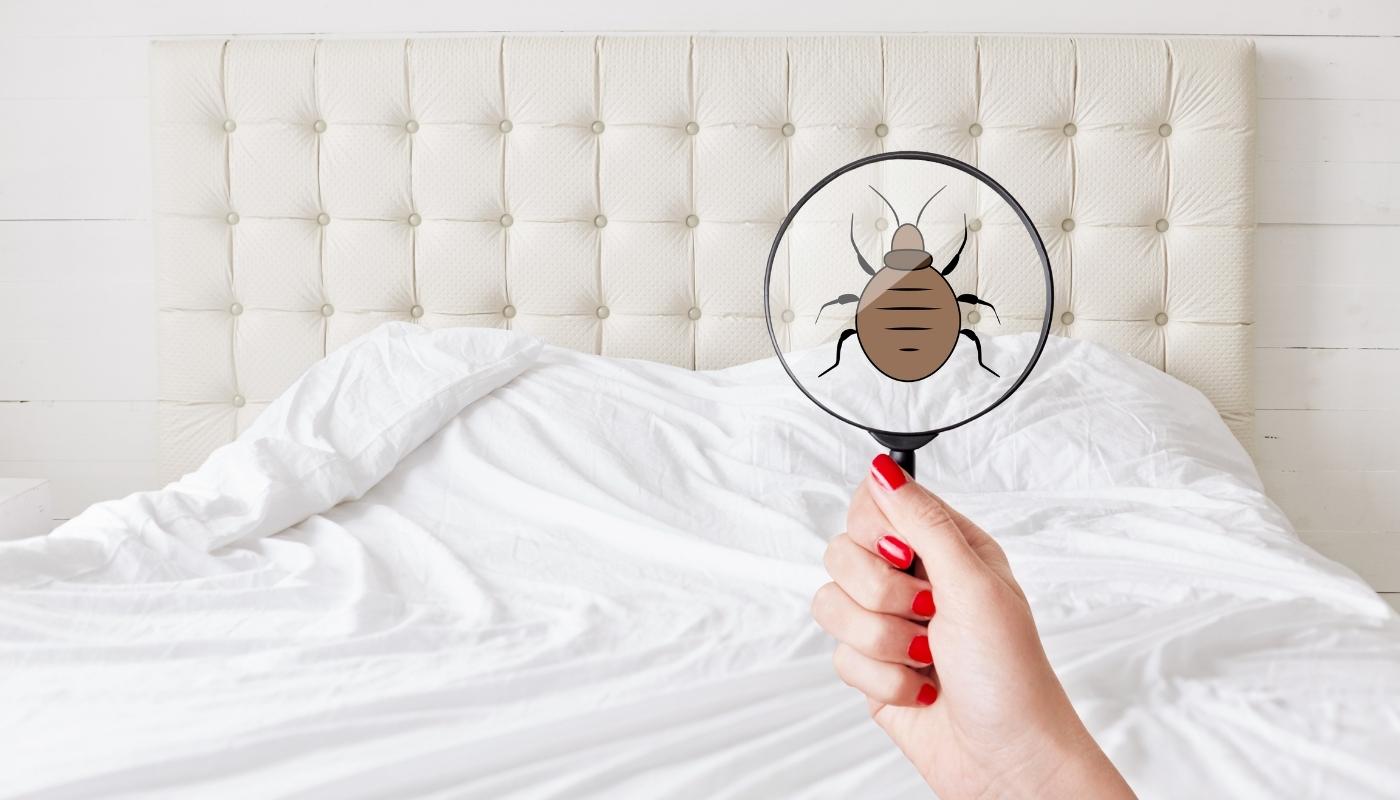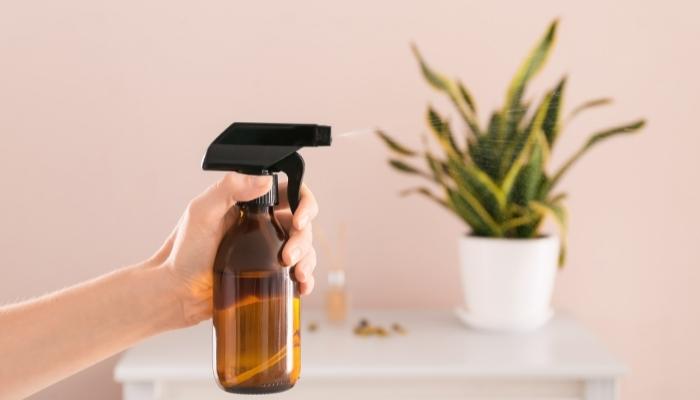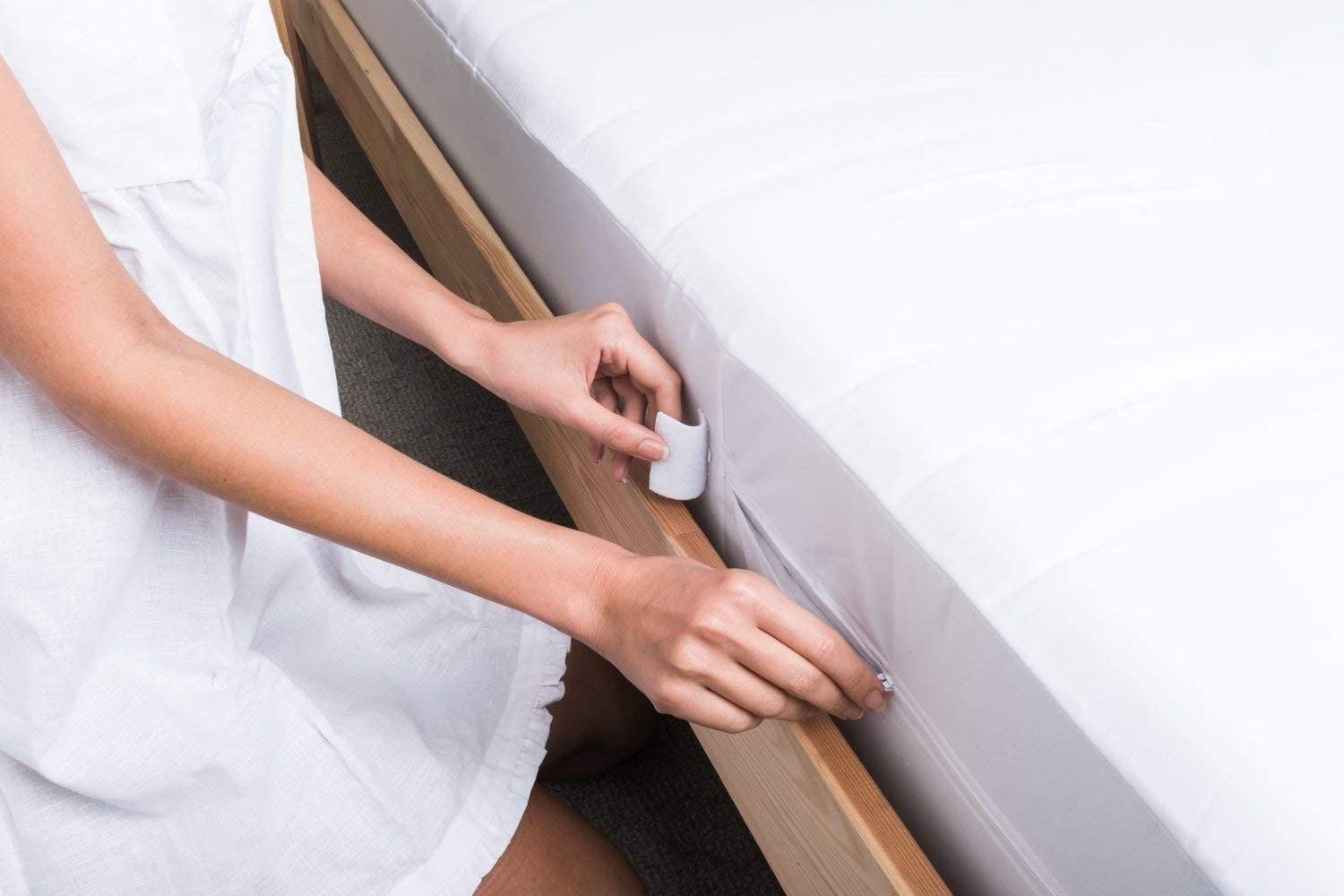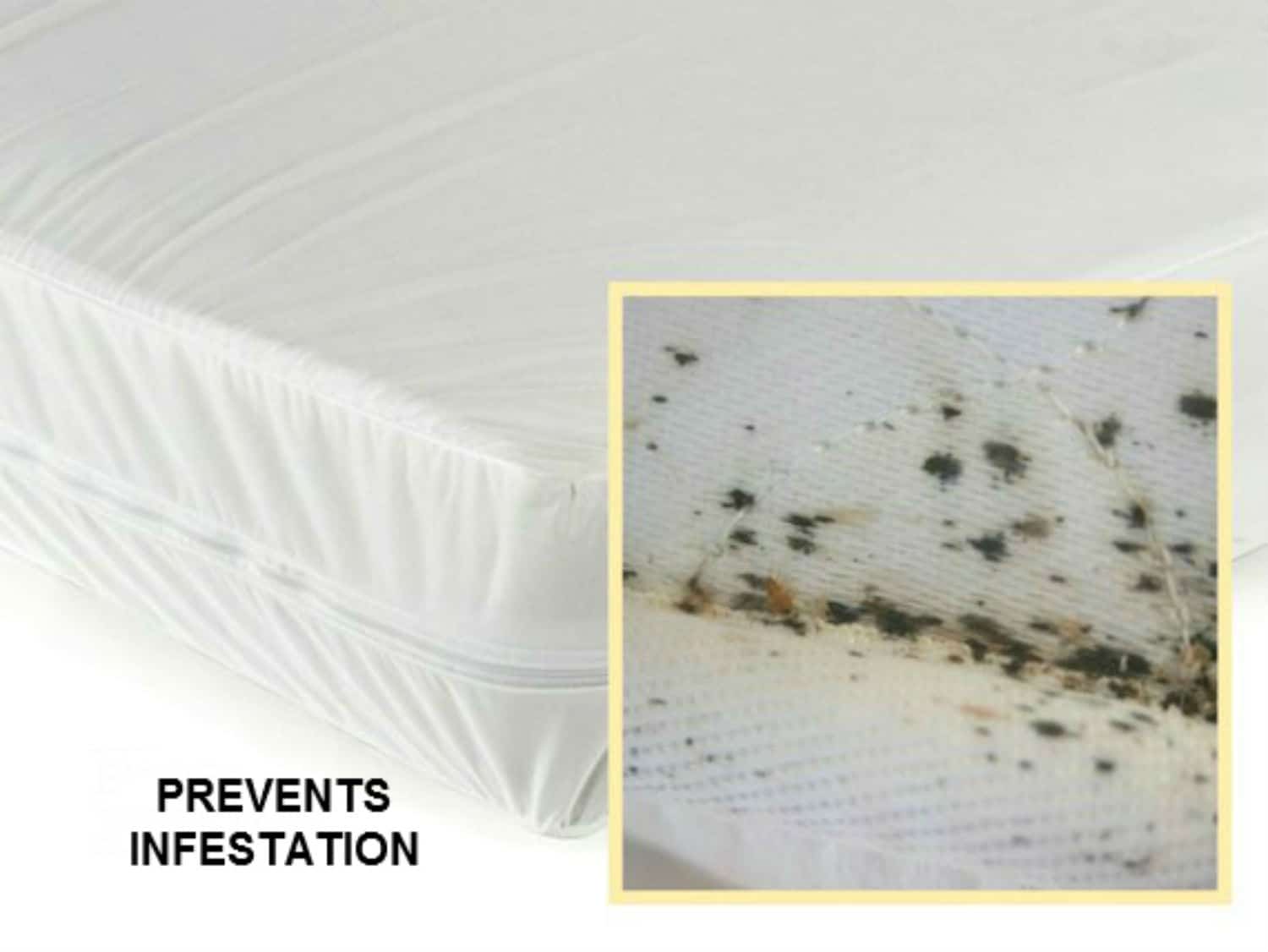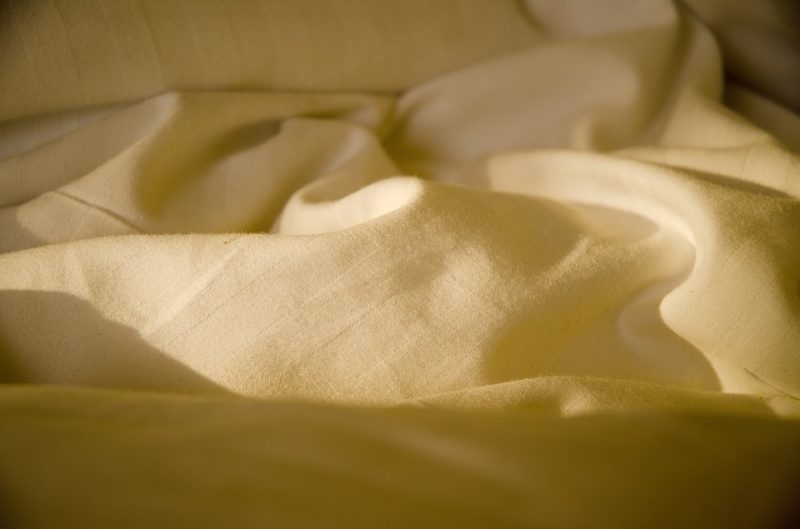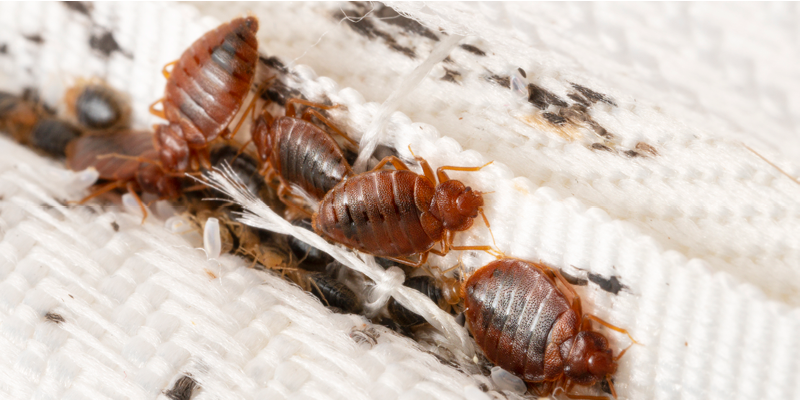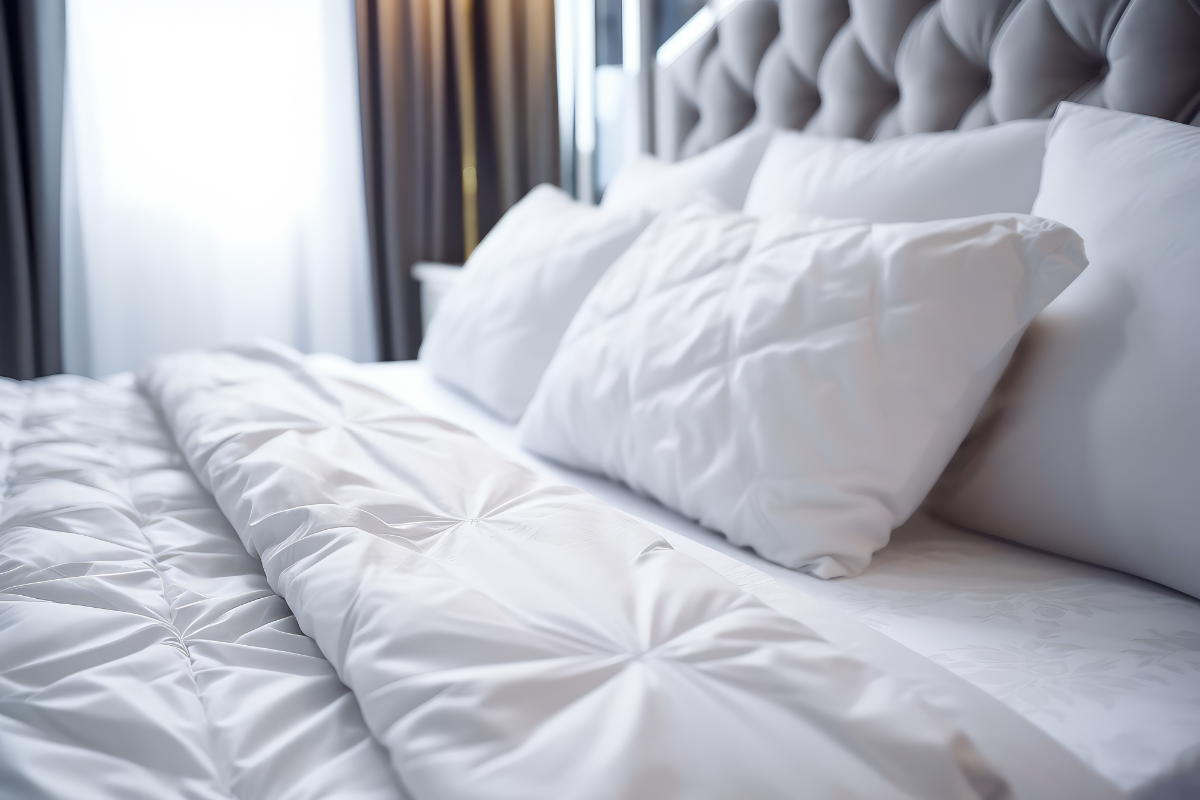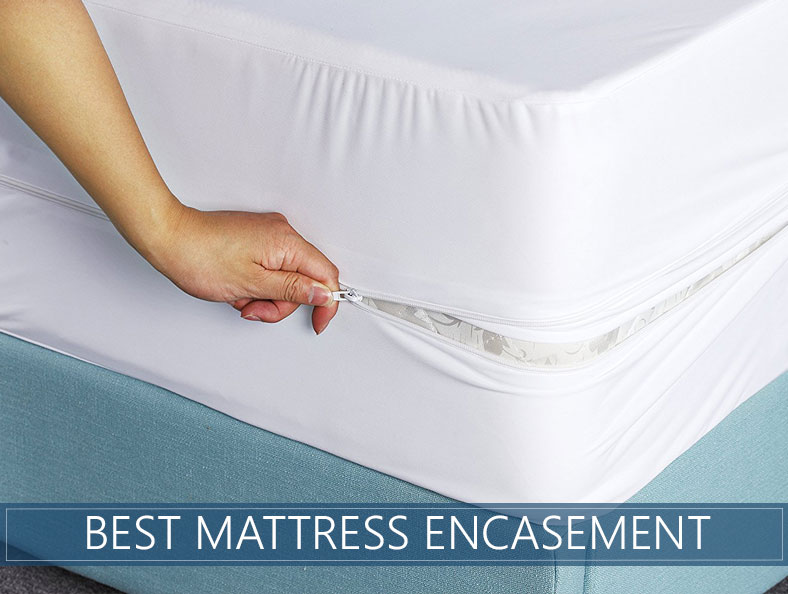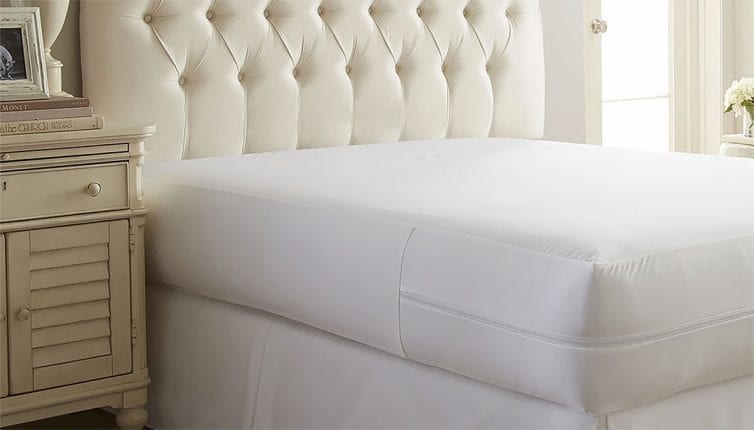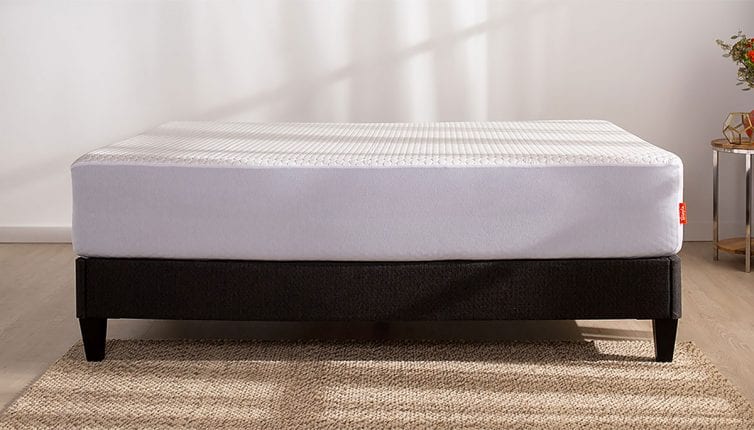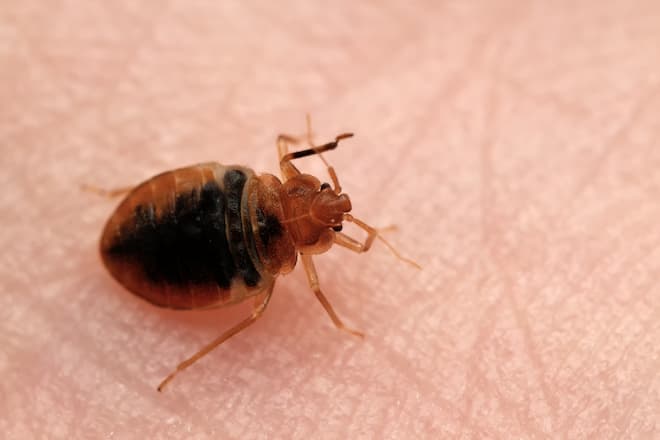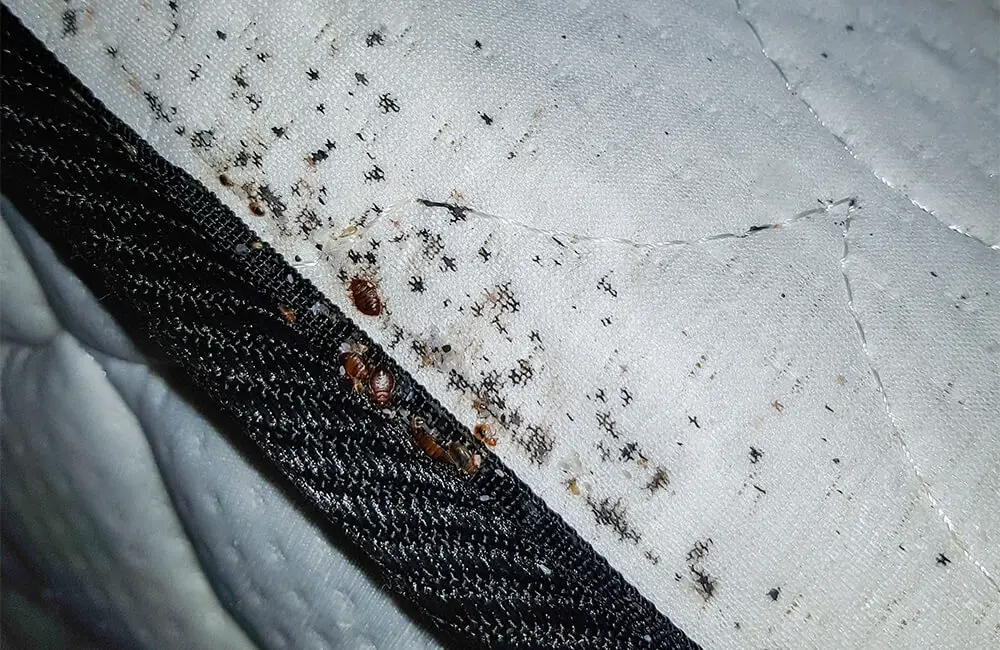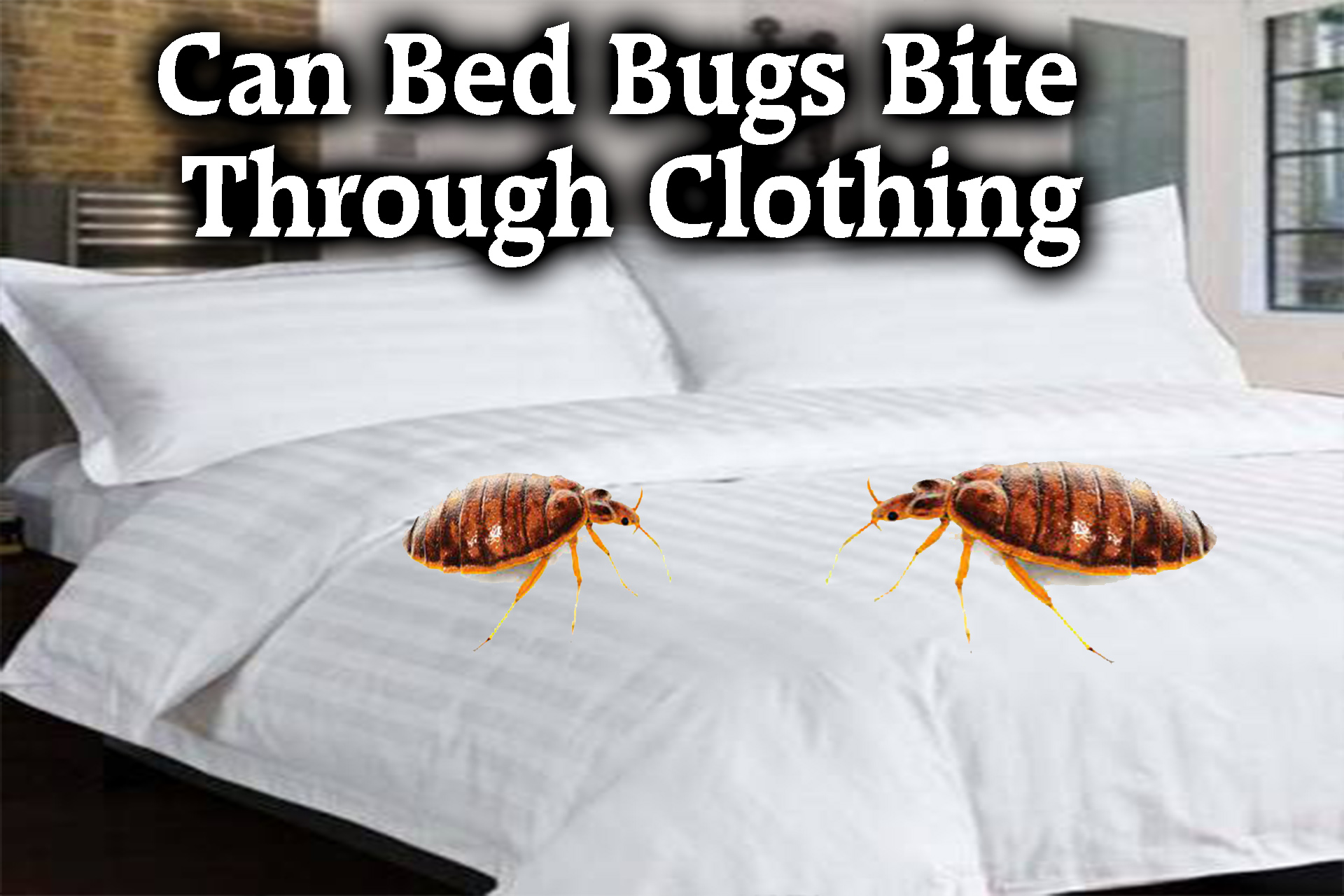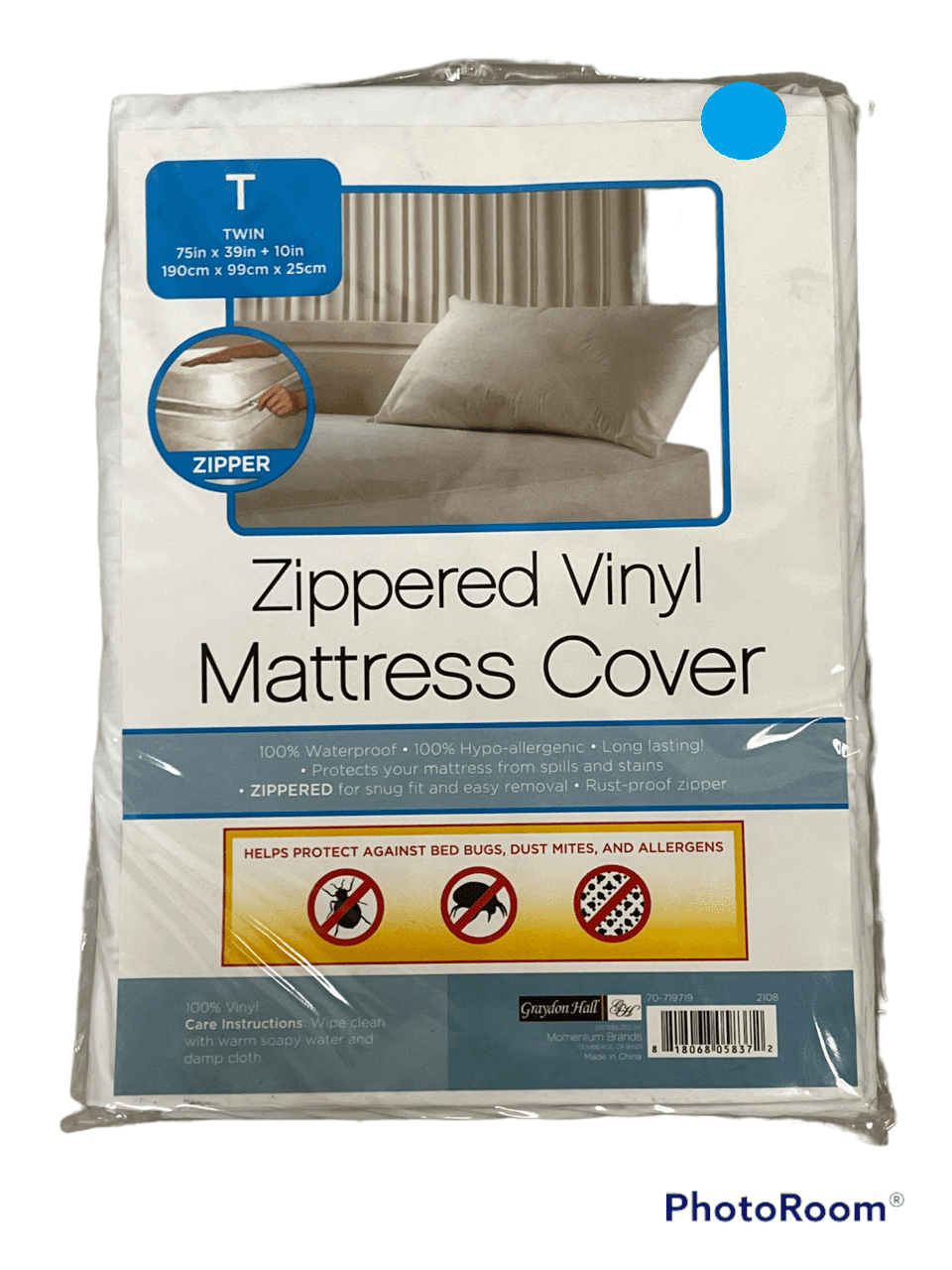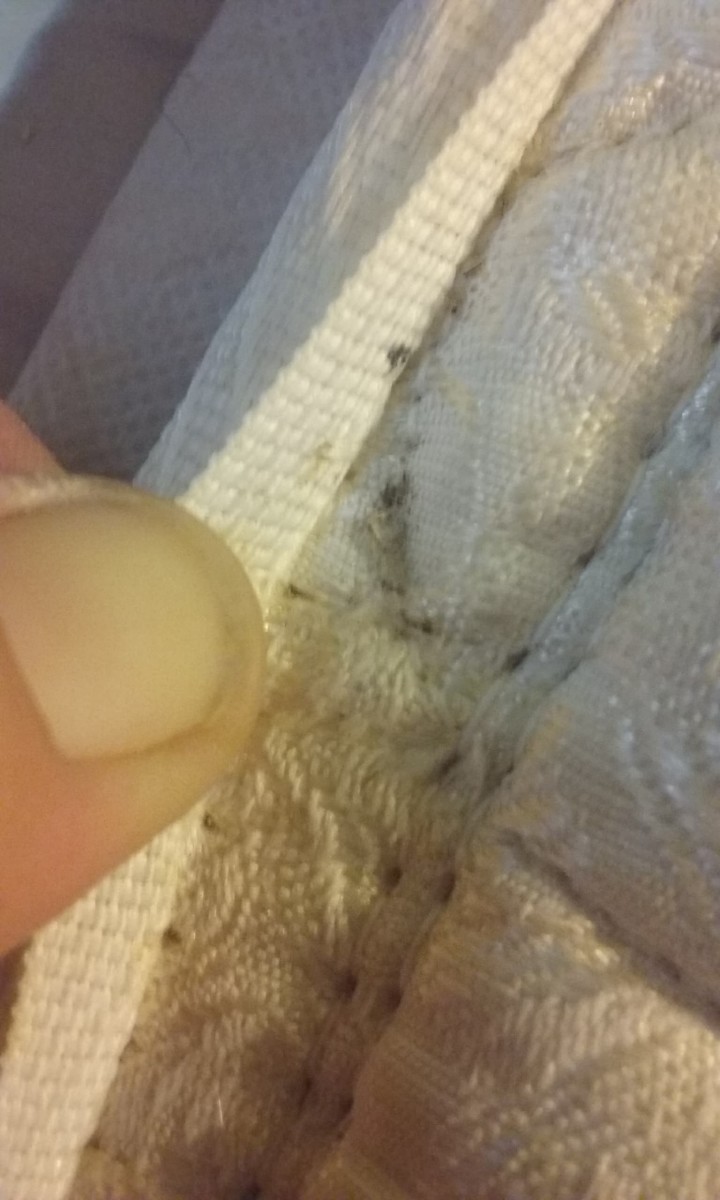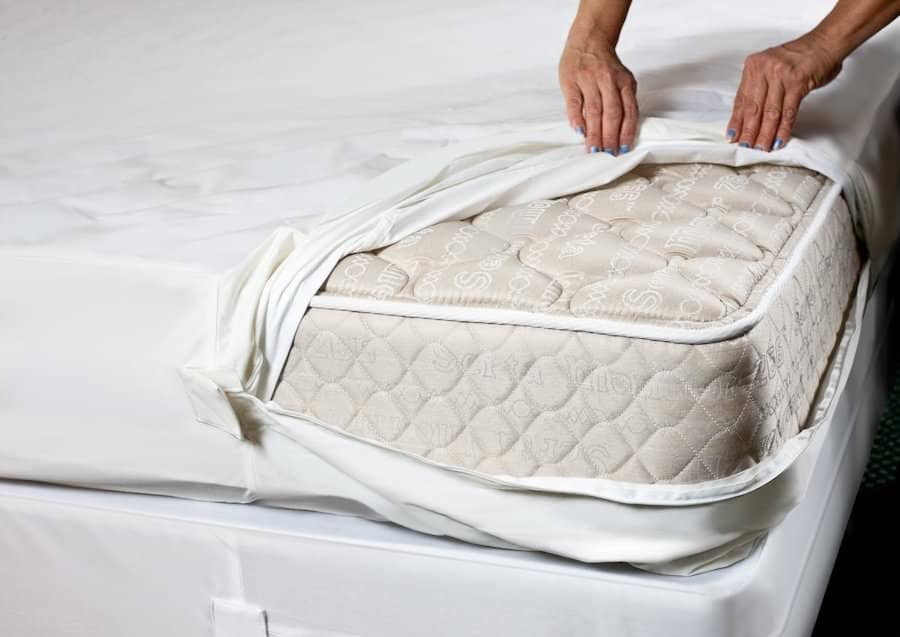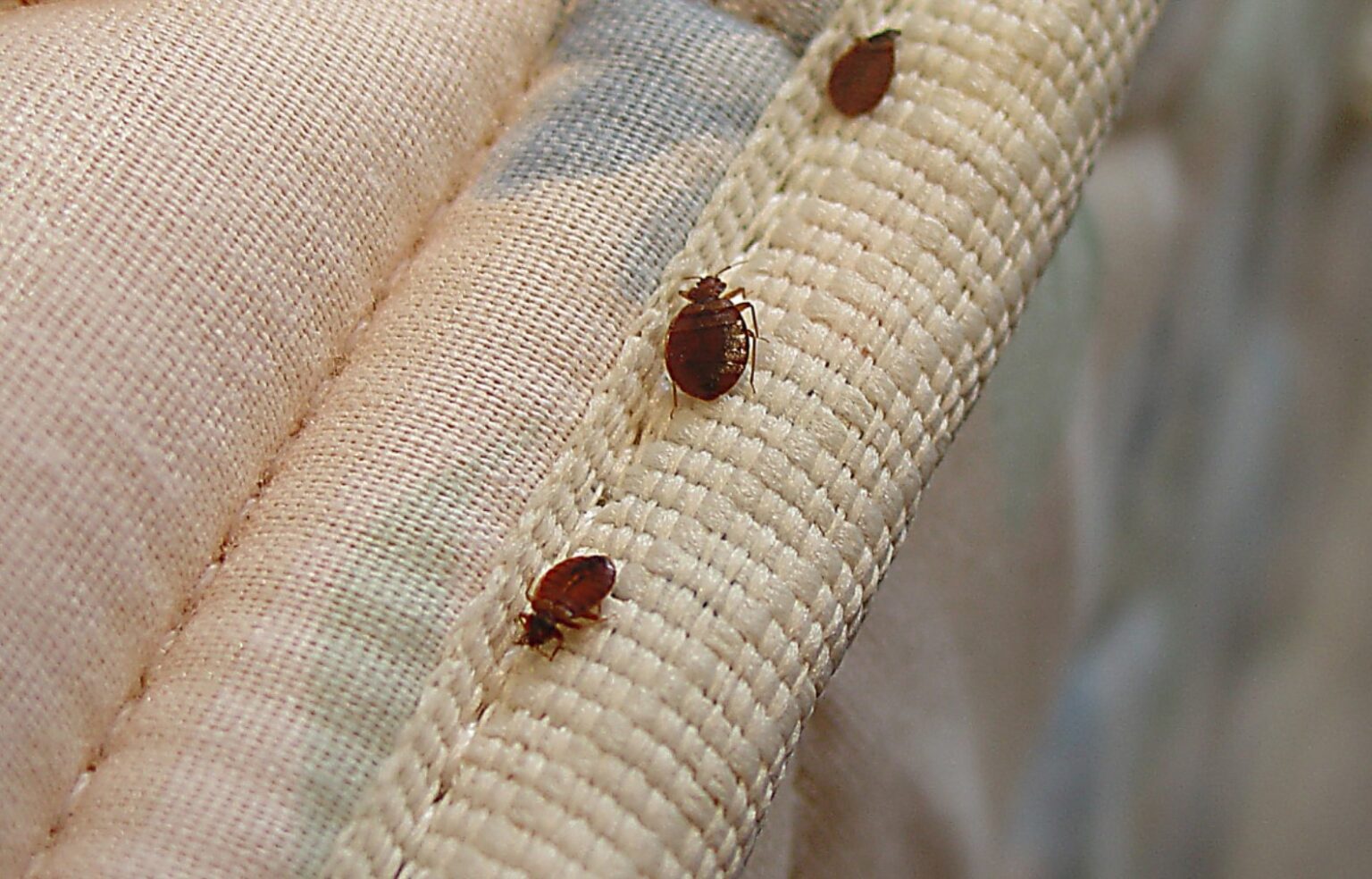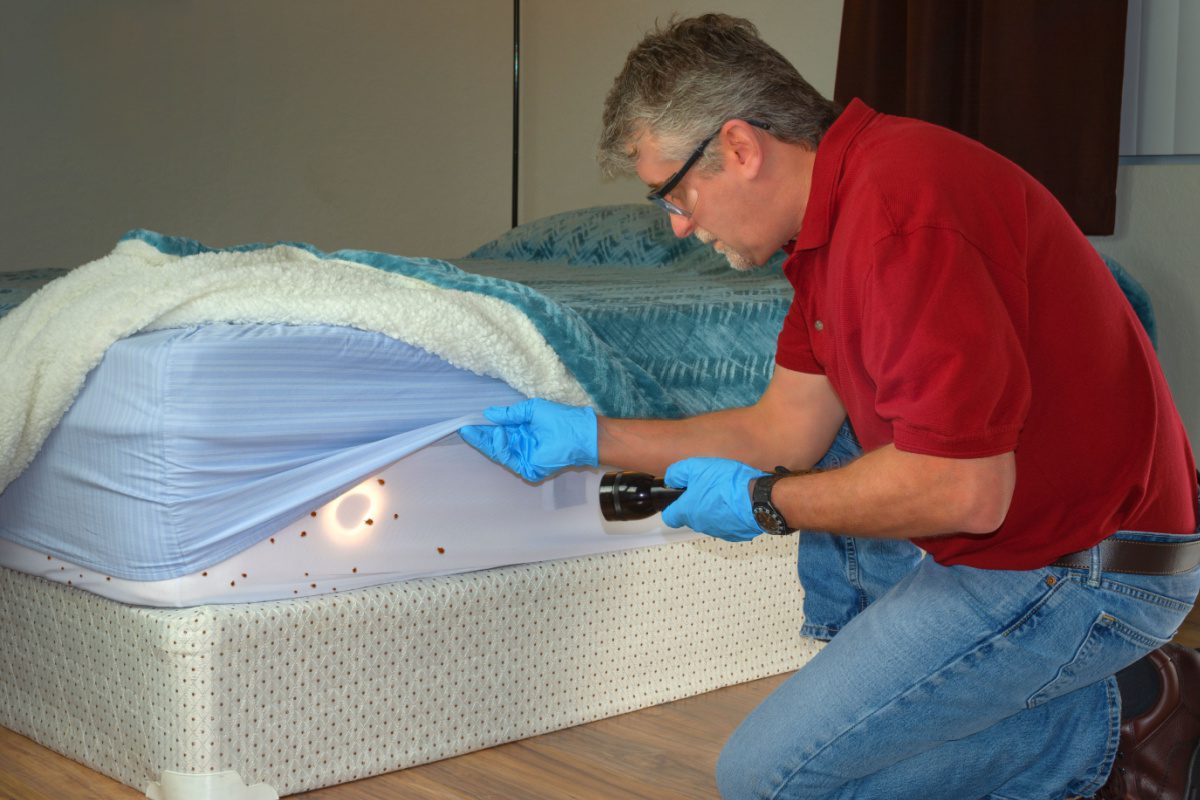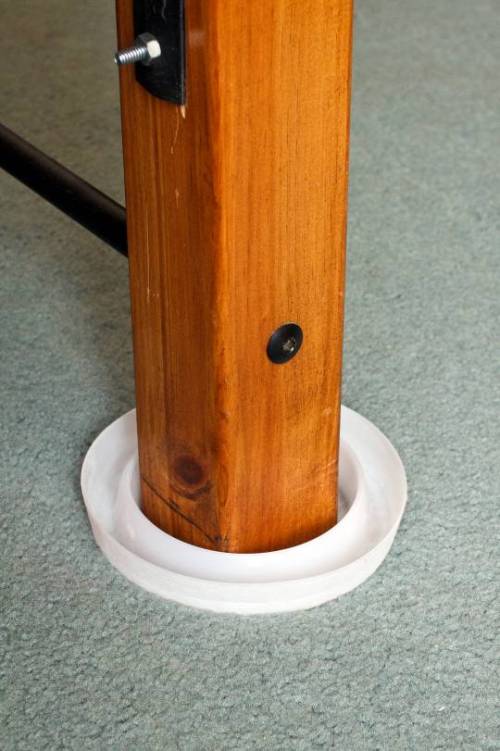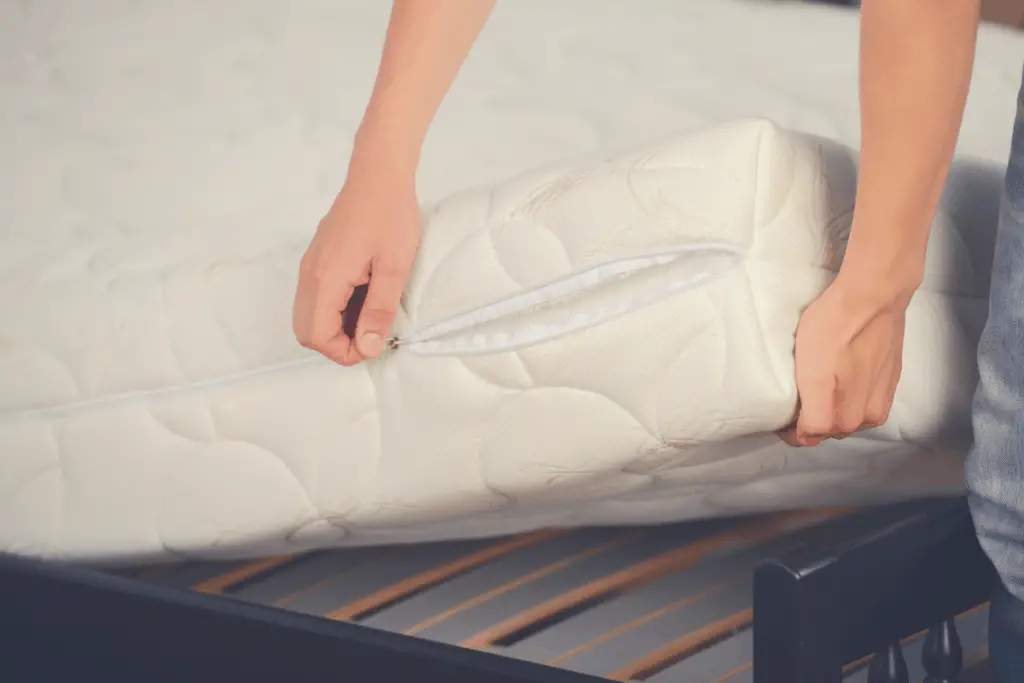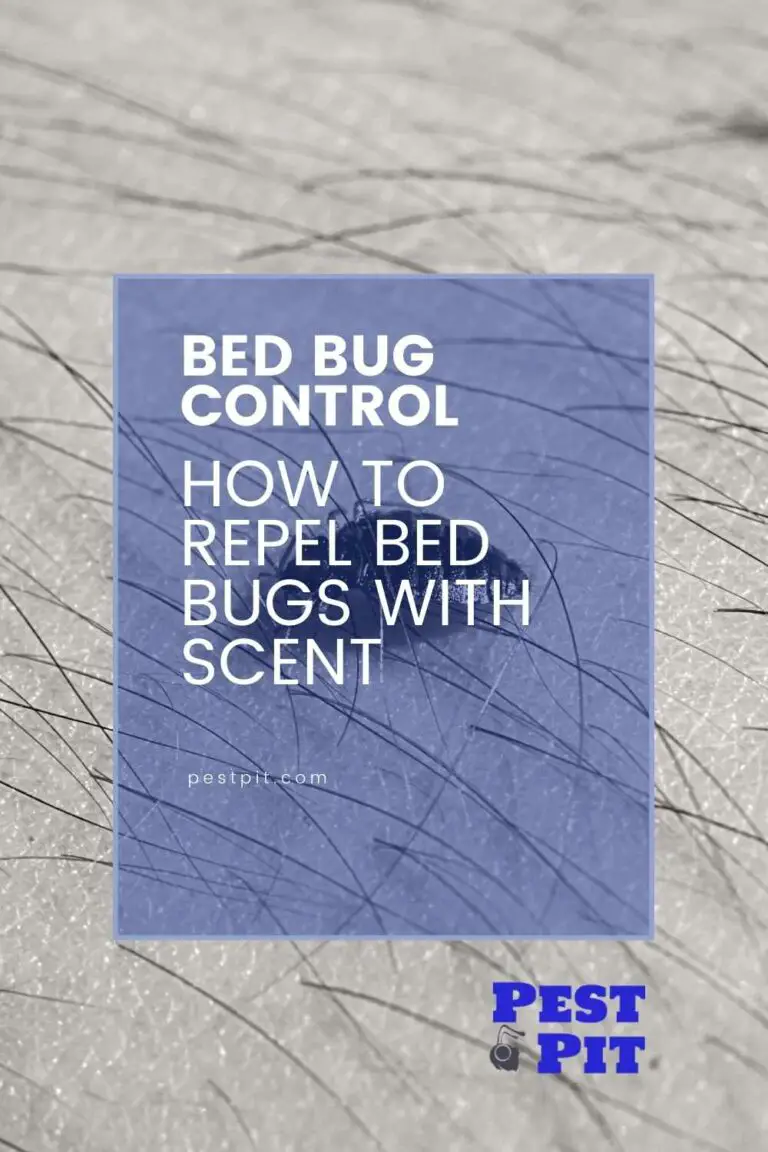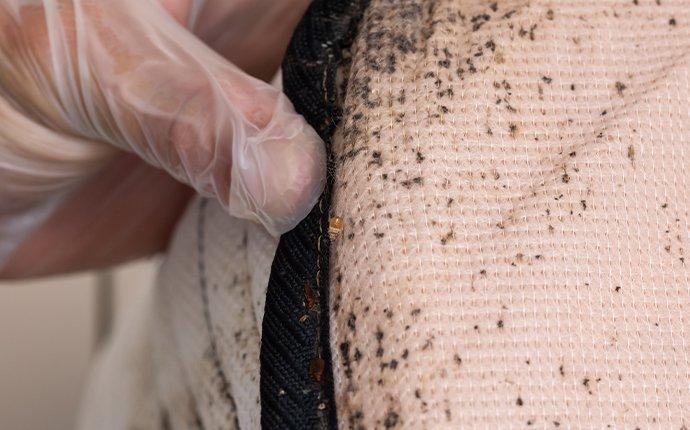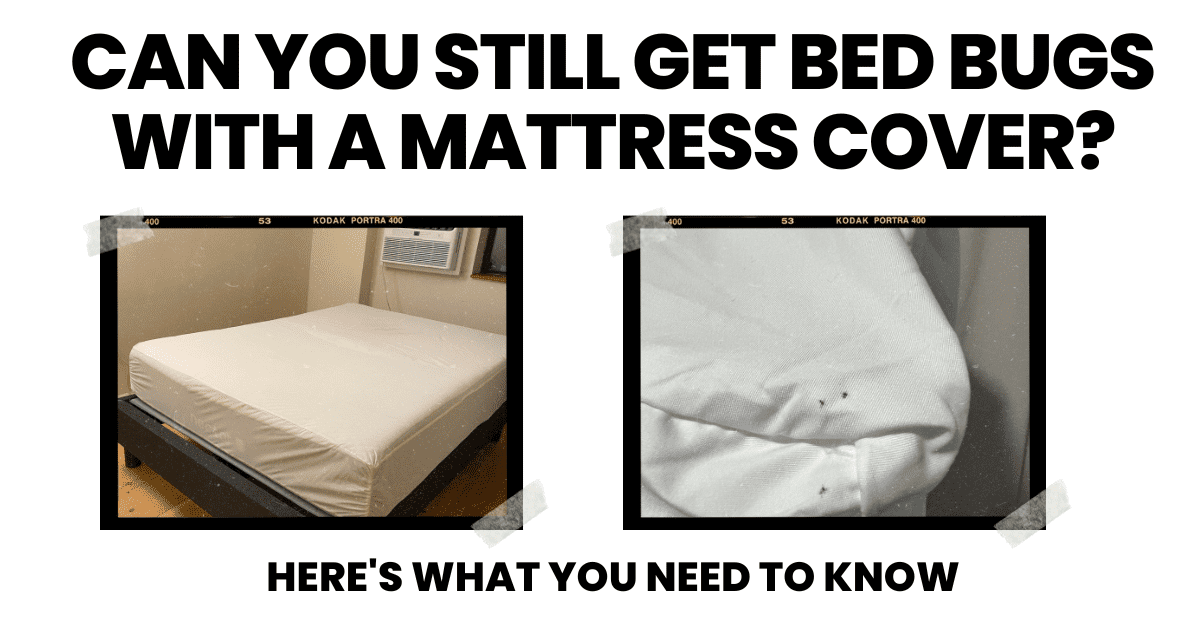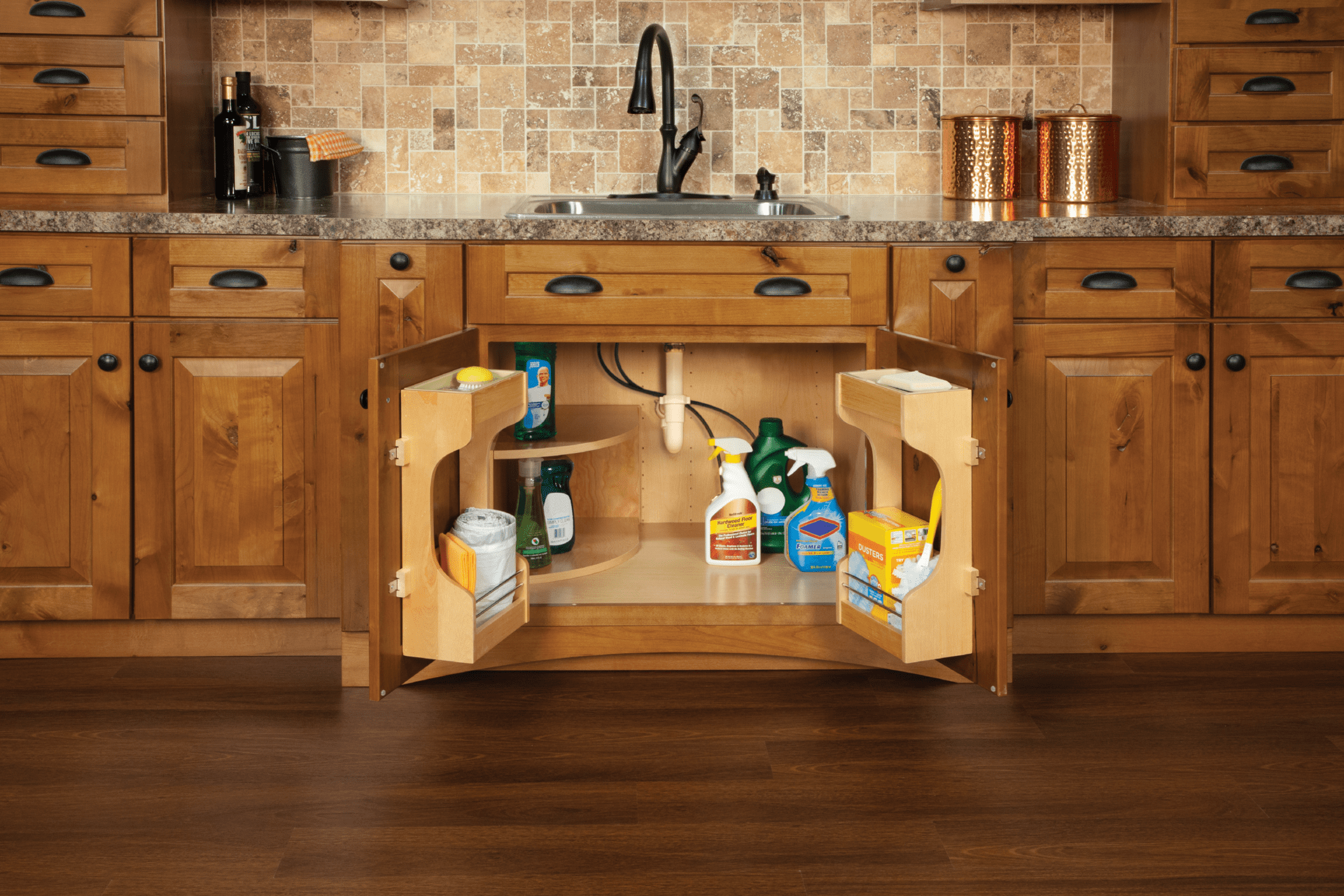Can Bed Bugs Get Through a Mattress Cover?
If you're one of the many people who have dealt with a bed bug infestation, you know how difficult and frustrating it can be to get rid of them. These tiny pests can hide in the smallest crevices and reproduce quickly, making it challenging to eliminate them completely.
One common misconception about bed bugs is that they can only live and thrive in dirty or unsanitary environments. The truth is, bed bugs can infest any home, regardless of its cleanliness. They are excellent hitchhikers and can easily move from one place to another through clothing, luggage, and furniture.
That's where mattress covers come in. These protective covers are designed to keep bed bugs out of your mattress, preventing them from infesting your bed and causing painful, itchy bites. But can bed bugs actually get through a mattress cover? Let's find out.
Do Mattress Covers Keep Bed Bugs Out?
The short answer is yes, mattress covers can keep bed bugs out. However, it's essential to understand that not all mattress covers are created equal. Some are more effective than others in preventing bed bugs from getting through.
When shopping for a mattress cover, look for one that is labeled as "bed bug proof" or "bed bug certified." These covers are made with special materials and have tight, secure zippers that can keep bed bugs from entering or escaping your mattress.
It's also crucial to note that mattress covers only protect your mattress and not your entire bed. Bed bugs can still infest your box spring, sheets, and blankets, so it's essential to take other precautions, such as regularly washing and drying your bedding on high heat.
How to Prevent Bed Bugs from Getting Through a Mattress Cover
Even with a bed bug-proof mattress cover, there are still some steps you can take to ensure these pesky bugs don't make their way onto your bed. Here are some tips:
Seal any cracks or crevices: Bed bugs are small and can squeeze through even the tiniest openings. Seal any cracks or crevices in your walls, floors, or furniture to prevent them from entering your home.
Use bed bug interceptors: These are small, plastic cups that you can place under the legs of your bed. They prevent bed bugs from climbing up onto your bed.
Inspect your bed regularly: Even with a mattress cover, it's essential to regularly inspect your bed for any signs of bed bugs. Look for tiny bloodstains, fecal spots, or shed skin.
Are Mattress Covers Effective Against Bed Bugs?
The effectiveness of a mattress cover against bed bugs depends on the type of cover you use and how you use it. A bed bug-proof cover can be highly effective in preventing bed bugs from infesting your mattress, but it's not a guarantee.
If you already have bed bugs in your mattress, a cover will not get rid of them. It will only trap them inside, preventing them from biting you or spreading to other parts of your home. That's why it's essential to use a mattress cover as part of a comprehensive bed bug treatment plan.
What Type of Mattress Cover is Best for Bed Bug Protection?
When it comes to bed bug protection, not all mattress covers are equal. Here are some features to look for when choosing a mattress cover:
Bed bug proof: As mentioned earlier, look for covers that are specifically labeled as "bed bug proof" or "bed bug certified." These have been tested and proven to keep bed bugs out.
Zipper closure: The zipper should be high-quality and have tiny teeth that are difficult for bed bugs to climb over. It should also have a tight seal that closes all the way around the mattress.
Material: A bed bug-proof cover should be made of a material that is both breathable and impenetrable by bed bugs. Look for covers made of tightly woven fabric, such as polyester or microfiber.
Waterproof: A waterproof cover can also be beneficial in protecting your mattress from spills and stains.
Can Bed Bugs Bite Through a Mattress Cover?
Bed bugs feed by piercing the skin and sucking blood from their hosts. It's understandable to wonder if they can bite through a mattress cover. The good news is, a bed bug-proof cover is thick enough that bed bugs cannot bite through it.
However, if you have a cover that is not specifically designed to keep bed bugs out, they may be able to bite through it. That's why it's essential to choose a high-quality, bed bug-proof cover for the best protection.
How to Tell if a Mattress Cover is Bed Bug Proof
Not all mattress covers are created equal, and some may claim to be bed bug-proof when they are not. Here are some signs that a mattress cover is not bed bug-proof:
Loose zipper: If the zipper does not close tightly or has large teeth, bed bugs may be able to crawl through it.
Tears or holes: Any tears, holes, or gaps in the cover can allow bed bugs to enter or escape.
No certification: A reputable mattress cover should be certified as bed bug-proof by a third-party organization.
Price: Bed bug-proof covers can be more expensive than regular mattress covers, so if the price seems too good to be true, it probably is.
What to Do if Bed Bugs Get Through Your Mattress Cover
If you discover that bed bugs have managed to get through your mattress cover, it's crucial to take immediate action. Here's what you should do:
Remove the cover: Take the cover off your mattress and wash it in hot water. If the tag allows, you can also put it in the dryer on high heat to kill any bed bugs or eggs.
Vacuum: Use a vacuum with a HEPA filter to thoroughly clean your mattress and box spring, paying extra attention to the seams and crevices.
Call a professional: If you continue to have bed bug problems, it's best to call a professional pest control company for help.
How to Properly Use a Mattress Cover for Bed Bug Protection
To get the most out of your mattress cover, it's essential to use it correctly. Here are some tips for proper use:
Inspect your mattress: Before putting the cover on, inspect your mattress for any signs of bed bugs. If you find any, take care of the infestation before using the cover.
Leave it on for at least a year: Bed bugs can survive for up to a year without feeding, so it's recommended to keep the cover on for at least that long to ensure any remaining bugs or eggs are eliminated.
Check for tears or holes: Regularly check your mattress cover for any tears or holes that may have occurred over time. If you find any, replace the cover immediately.
Are There Any Natural Mattress Covers That Repel Bed Bugs?
While there are no natural mattress covers specifically designed to repel bed bugs, there are some natural alternatives to chemical treatments that can help prevent and eliminate bed bugs. These include:
Diatomaceous earth: This natural powder can be sprinkled around your bed and other infested areas to kill bed bugs and their eggs.
Lavender oil: Bed bugs are repelled by the scent of lavender, so using a lavender-scented mattress cover may help keep them away.
Tea tree oil: Similar to lavender, tea tree oil can also repel bed bugs. You can mix a few drops with water and use it to spray your mattress and other infested areas.
In conclusion, a bed bug-proof mattress cover can be an effective tool in preventing and eliminating bed bugs. However, it's essential to choose a high-quality cover and use it in conjunction with other bed bug prevention methods for the best results. Remember to regularly inspect and maintain your mattress cover to ensure it continues to provide the protection you need.
The Importance of Using a Mattress Cover for Bed Bug Prevention

The Dangers of Bed Bugs in Your Home
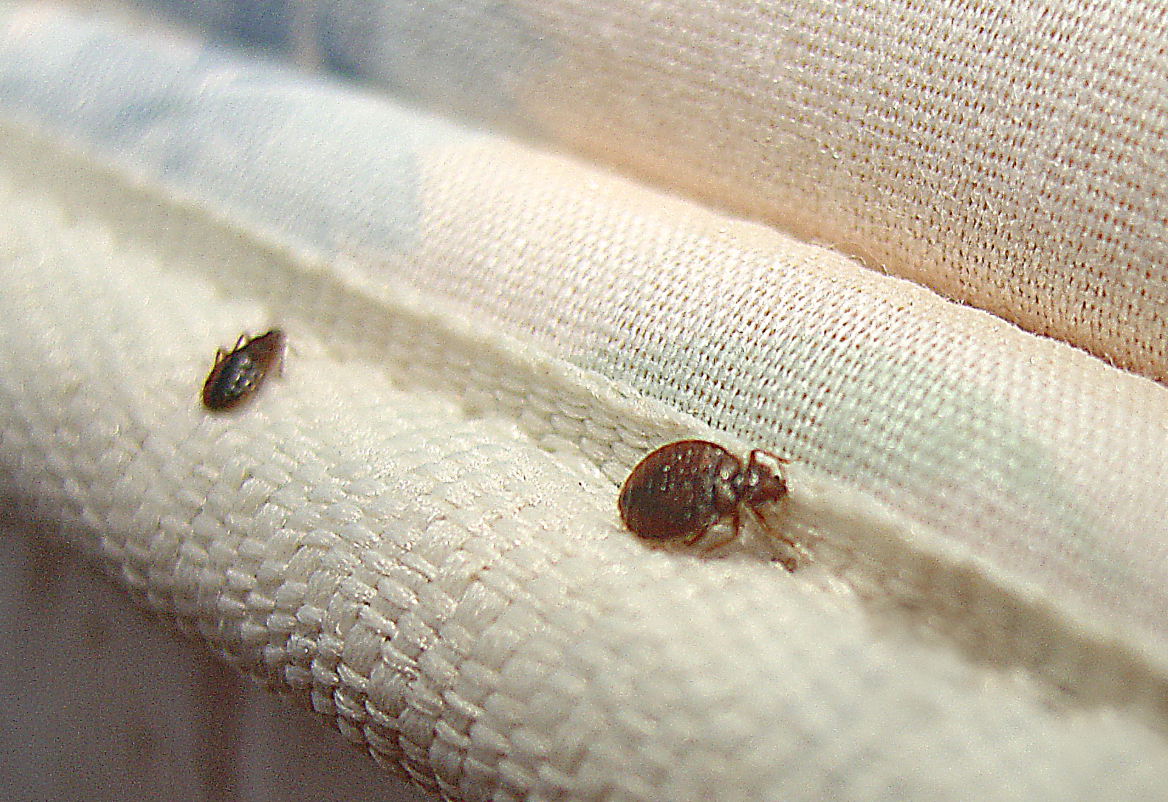 Bed bugs are a common problem in many households around the world. These tiny, blood-sucking pests can cause a lot of discomfort and distress for homeowners. Not only do they leave itchy bites on your skin, but they can also be difficult to get rid of once they infest your home. One of the main ways that bed bugs enter your home is through your mattress. This is because mattresses provide the perfect hiding spot and source of food for these pests. However, using a mattress cover can help prevent this from happening.
Bed bugs are a common problem in many households around the world. These tiny, blood-sucking pests can cause a lot of discomfort and distress for homeowners. Not only do they leave itchy bites on your skin, but they can also be difficult to get rid of once they infest your home. One of the main ways that bed bugs enter your home is through your mattress. This is because mattresses provide the perfect hiding spot and source of food for these pests. However, using a mattress cover can help prevent this from happening.
How Bed Bugs Can Get Through a Mattress Cover
 While mattress covers are designed to protect your mattress from spills, stains, and bed bugs, they are not completely impenetrable. Bed bugs are extremely small and can easily fit through the tiny openings in most mattress covers. This is why it is important to choose a high-quality mattress cover specifically designed for bed bug protection. Look for covers that are made from tightly woven fabrics and have a zipper closure to ensure that bed bugs cannot get through.
While mattress covers are designed to protect your mattress from spills, stains, and bed bugs, they are not completely impenetrable. Bed bugs are extremely small and can easily fit through the tiny openings in most mattress covers. This is why it is important to choose a high-quality mattress cover specifically designed for bed bug protection. Look for covers that are made from tightly woven fabrics and have a zipper closure to ensure that bed bugs cannot get through.
The Benefits of Using a Mattress Cover for Bed Bug Prevention
 Using a mattress cover for bed bug prevention has many benefits. Not only does it create a barrier between you and any existing bed bugs in your mattress, but it also prevents new bed bugs from infesting your mattress. This is especially important for those who frequently travel as bed bugs can easily hitch a ride on your luggage and infest your mattress when you return home. Additionally, a mattress cover can also make it easier to detect and treat bed bug infestations. If you notice any bed bugs on the surface of your mattress cover, you can take immediate action to eliminate them before they have a chance to spread.
The Bottom Line
When it comes to bed bug prevention, using a mattress cover is a crucial step in protecting your home and family. However, it is important to choose a high-quality cover and regularly inspect and clean it to ensure its effectiveness. Remember, prevention is always better than having to deal with a full-blown bed bug infestation.
Using a mattress cover for bed bug prevention has many benefits. Not only does it create a barrier between you and any existing bed bugs in your mattress, but it also prevents new bed bugs from infesting your mattress. This is especially important for those who frequently travel as bed bugs can easily hitch a ride on your luggage and infest your mattress when you return home. Additionally, a mattress cover can also make it easier to detect and treat bed bug infestations. If you notice any bed bugs on the surface of your mattress cover, you can take immediate action to eliminate them before they have a chance to spread.
The Bottom Line
When it comes to bed bug prevention, using a mattress cover is a crucial step in protecting your home and family. However, it is important to choose a high-quality cover and regularly inspect and clean it to ensure its effectiveness. Remember, prevention is always better than having to deal with a full-blown bed bug infestation.


